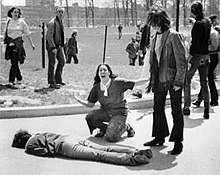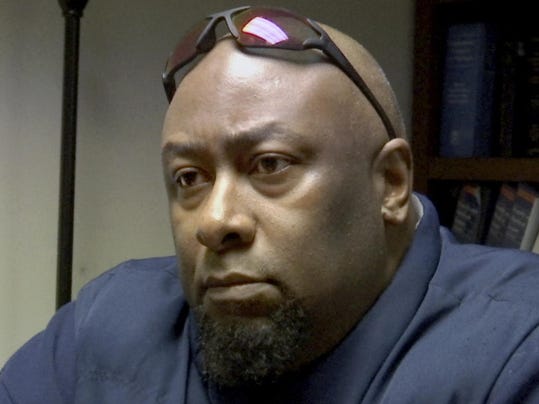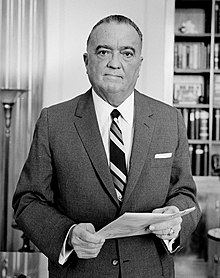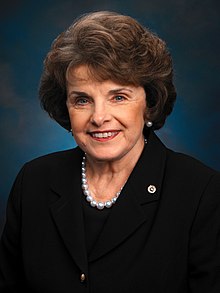 |
| Susan B. Anthony 1820-1906 |
In 1869 women were still trying to get the right to vote. Slaves had been emancipated four years earlier with the 13th Amendment to the US Constitution. A 14th Amendment in 1866 clarified the rights of citizenship.
Women had been divided earlier on whether to focus on abolishing slavery or on women's suffrage. Many believed that change comes sooner if you work on only one issue at a time.
The issue of 1869 was whether to support a proposed 15th Amendment to the US Constitution giving black men the right to vote.
Lucy Stone said yes.
Susan B. Anthony said no--unless women of all races were specifically included in the rights of citizenship.
In 2016 a box of old letters dated 1869 to 1880 was found, and now it has been acquired by the University of Rochester, New York, where Susan B. Anthony lived.
Thank you to Jennifer Schuessler of the New York Times for this report on the letters documenting a crucial period of the movement for women's voting rights.
For so long the question has been which should come first: black men? Or women of all races?
Many saw the election of Barak Obama and the defeat of Hillary Clinton as proof that progress for women is harder to achieve than progress for black men.
Times have changed in some ways since 1869--but in too many ways, changes have been small.
Women's History Month ends today--but women's history continues with new discoveries and old battles.
Women's History Month ends today--but women's history continues with new discoveries and old battles.





















